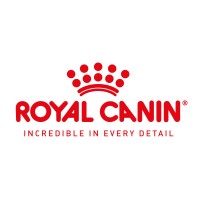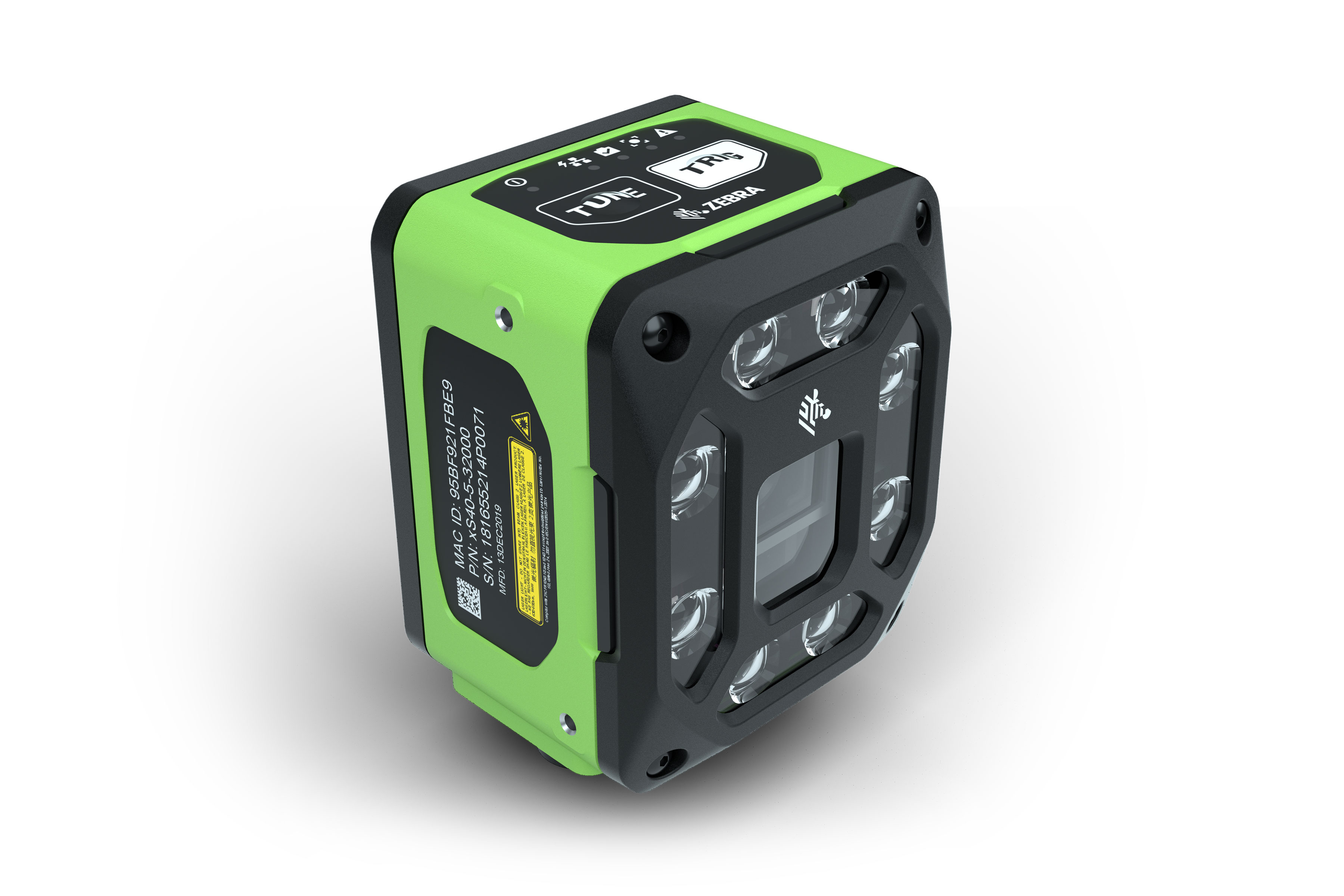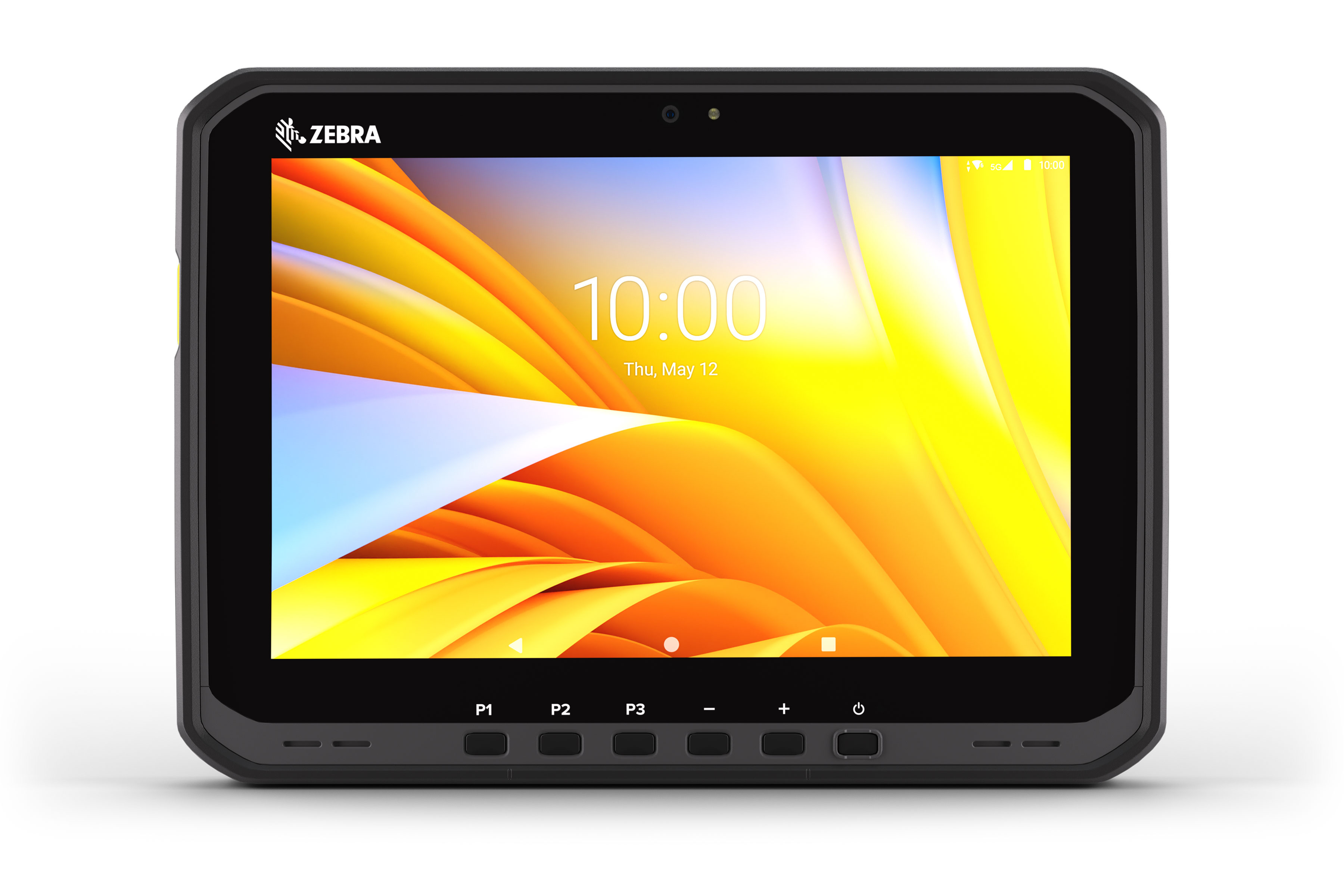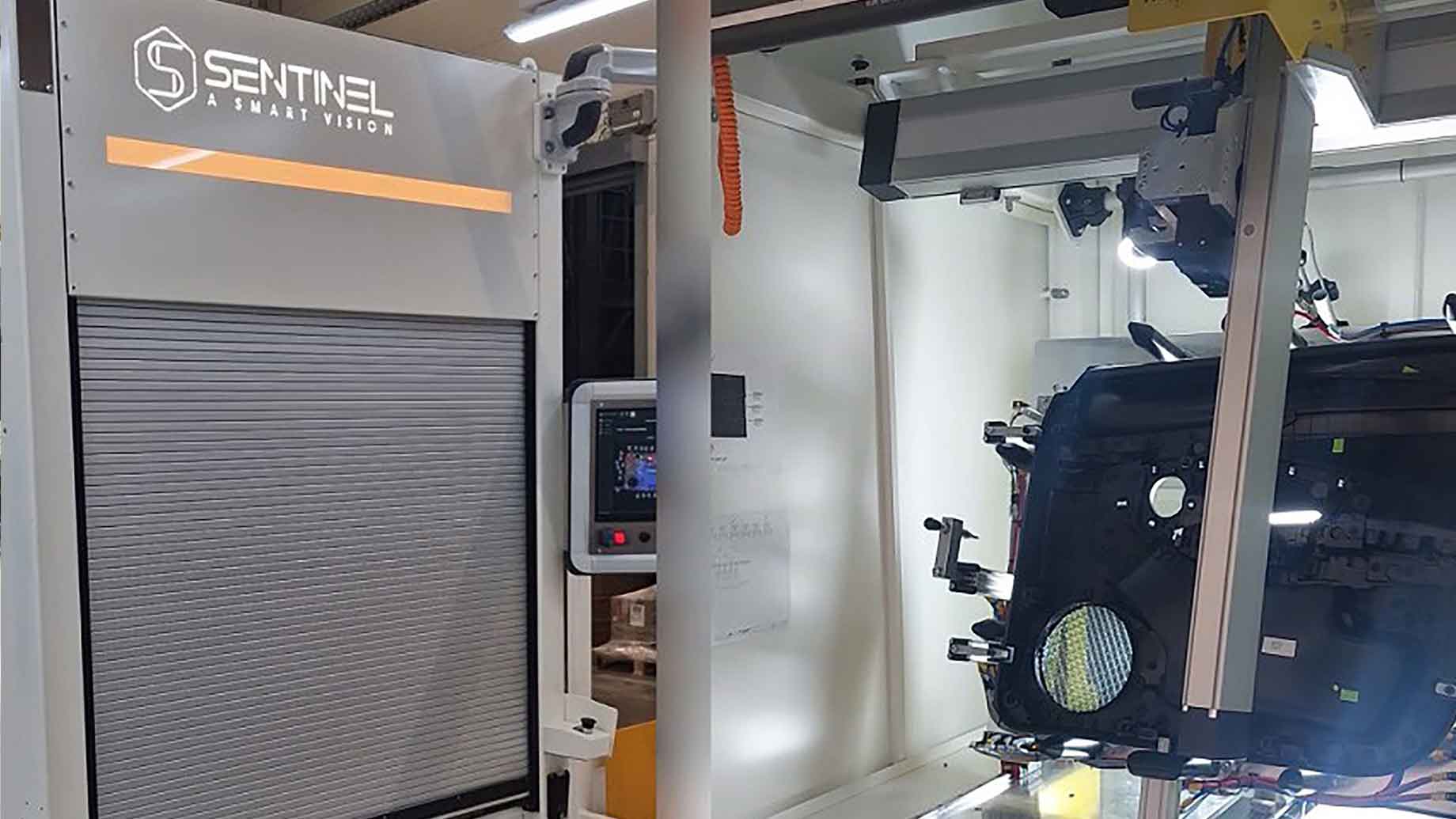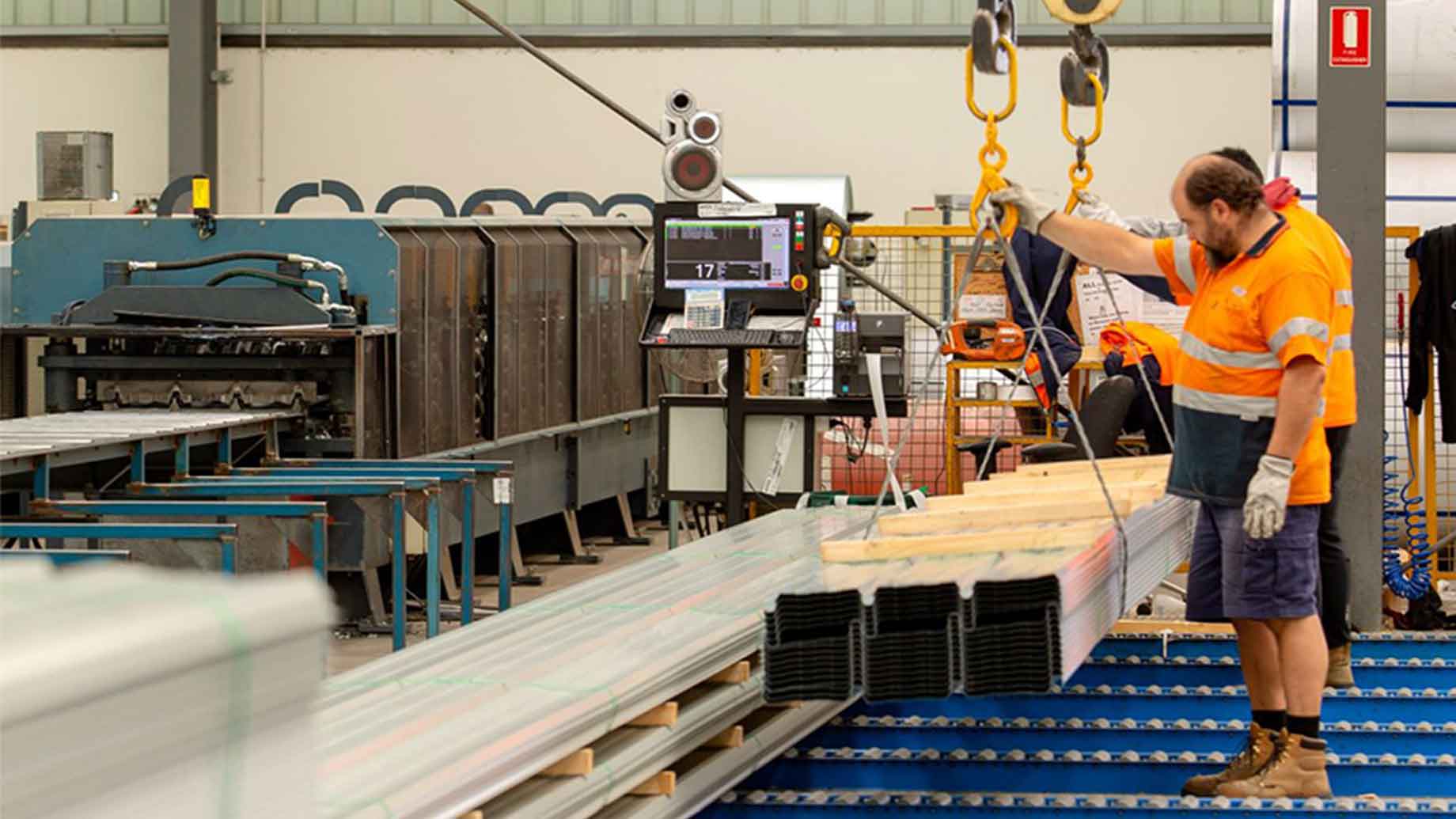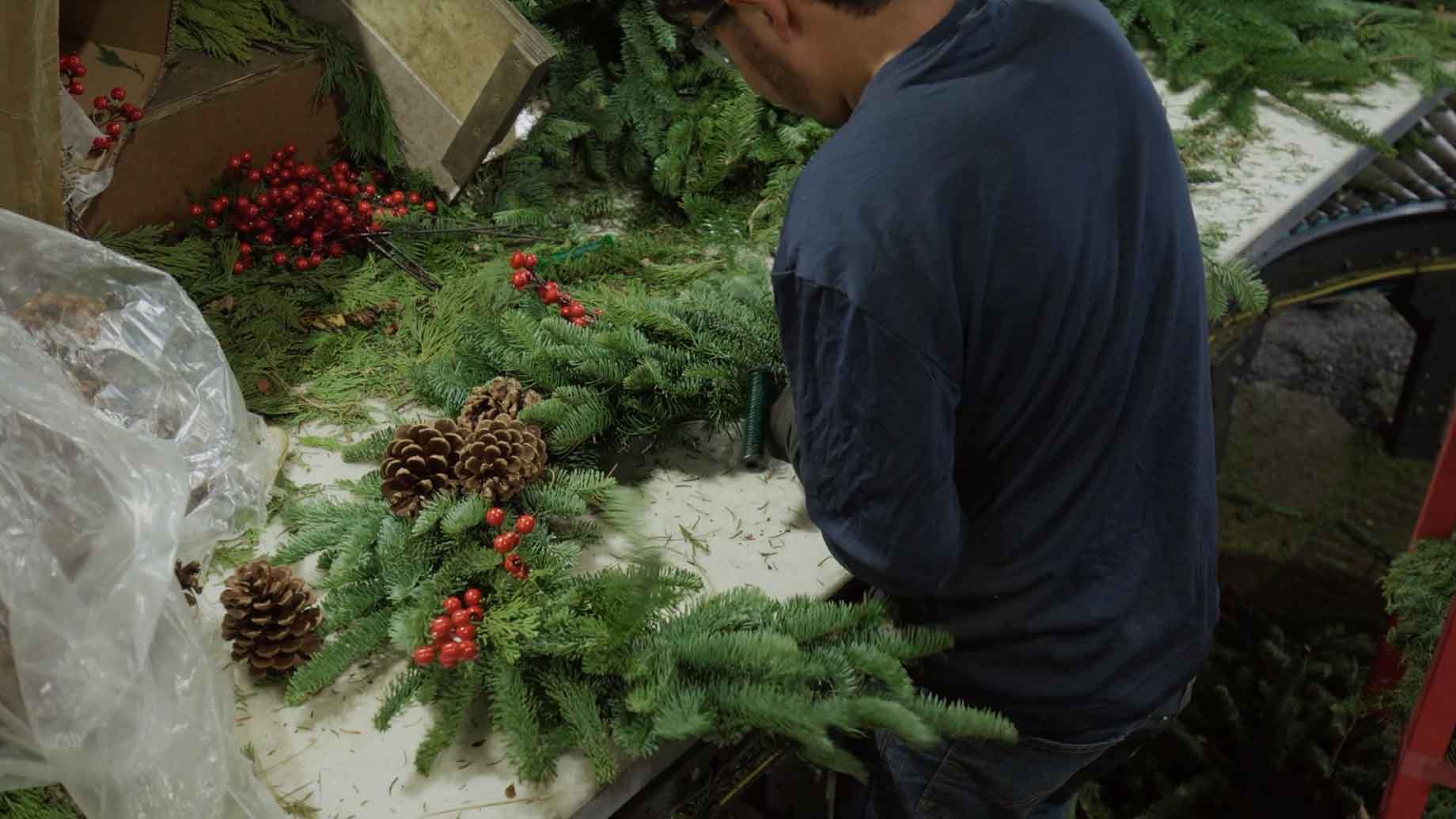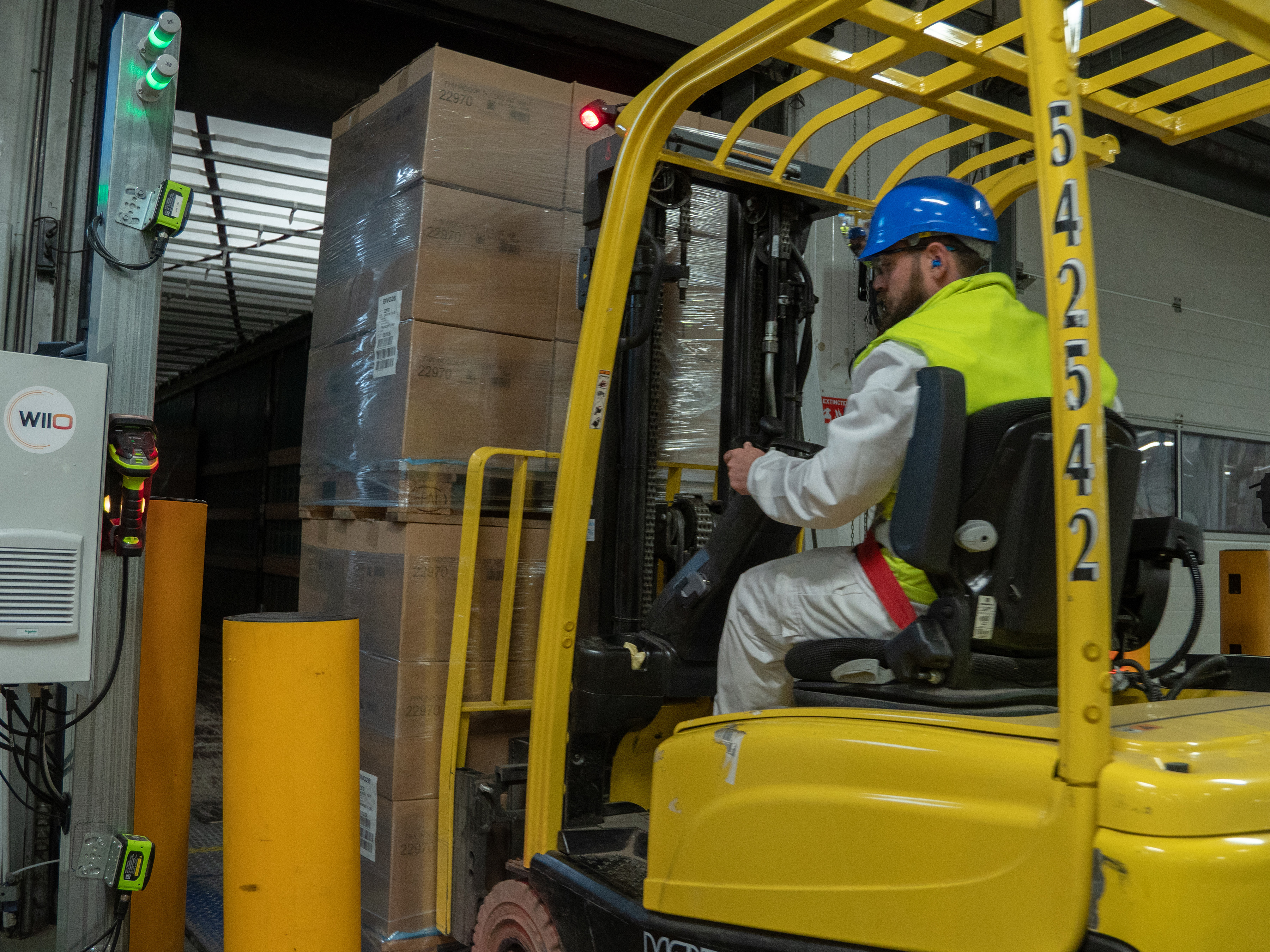
Royal Canin Improves Worker Safety, Automating Pallet Scanning with Zebra’s Fixed Scanning Technology
Royal Canin is a leading pet food manufacturer, known for its commitment to pet nutrition through scientifically formulated diets. The company wanted to improve safety and efficiency at its Cambrai warehouse by reducing bottlenecks and safety risks.
Zebra Success Story: Royal Canin
Overview: Manufacturing Challenge
To address these challenges, Royal Canin implemented Zebra’s FS40 Fixed Industrial Scanners and ET60 tablets to automate pallet label scanning and reduce pedestrian traffic. This solution resulted in more accurate read rates, improved forklift loading rates and helped ensure full compliance with safety directives, ultimately enhancing operational efficiency and safety.
Benefits / Outcomes
- 99.98% of pallets read correctly
- Sharp reduction in accident risk with an automated, hands-off scanning system
- Full compliance with the MARS Group’s safety directive on maintaining minimal distance between mobile equipment and pedestrians
- 50% increase in forklift loading rate
About Royal Canin
In France alone, over 8,300 forklift accidents occur at manufacturing sites every year, according to the latest available data from ARIA (Analysis, Research and Information on Accidents); many are due to busy floors with stacked pallets waiting to be scanned by pedestrian operators and loaded forklifts weaving in and out. But at Royal Canin's Cambrai kibble plant, this is no longer the case.
This French company, founded nearly 60 years ago by veterinary surgeon Jean Cathary, has been pioneering pet nutrition through research on the connection between diet and health. "If you have a cat or a dog, you know they’re not just pets—they’re family. That’s why, at Royal Canin, we’re passionate about giving them the best quality food," explains François-Xavier Bréhon, Factory Manager at Royal Canin.
The Challenge
At its Cambrai warehouse, the company ships 1,800 food pallets daily, running 24/7 to serve global markets. Each pallet requires scanning before being loaded onto trailers, which form the backbone of its traceability system, ensuring full visibility and efficient operations. “With our previous manual scanning system, we had pedestrian operators unloading pallets and circling around to perform the scans,” says Camilo Caro Urrego, Focus Improvement Manager at Royal Canin. “We knew reducing the contact between operators and the pallets through automation would greatly improve work safety and speed up tracking.”
In addition to increasing safety, plant managers also sought to improve the accuracy of readings. Previously, operators would sometimes scan pallets in advance to avoid dismounting them later, which led to confusion about which ones had already been processed. The goal was to ensure all pallets were properly scanned right before loading them into the truck.
"We looked at different solutions for three years. We considered radio-frequency identification (RFID) technology, but the aluminium in our food bags interfered with the readings," Caro Urrego shares. The breakthrough came at a trade show where they discovered Zebra Technologies' FS40 Fixed Industrial Scanners. Unlike traditional scanners, these capture images of barcodes and text, using advanced technology to recognise patterns, extract data and send it to the management systems.
We have a lot of product changes because our range is so wide, and we're constantly improving our formulas. Having collaborators like Zebra and WIIO who can quickly adapt to this kind of dynamic environment is incredibly important for us, our pet customers and their owners.
The Solution
To put the solution to the test, Royal Canin launched a proof of concept (PoC) in its production environment, supported by WIIO, a Zebra Premier Solution and Industrial Automation Partner. In just three days, the company installed FS40 fixed industrial wide-angle scanners and ET60 tablets throughout the Cambrai plant. “Zebra and WIIO didn’t just offer us a product. They brought a plug-and-play system directly to our site, let us test it without stopping production and stayed involved throughout the process,” Bréhon shares.
To help ensure seamless integration, WIIO placed dedicated box stations that link the devices directly to the Warehouse Management System (WMS) through keyboard emulation, facilitating rapid deployment and enabling smooth operation right out of the box. The ET60 tablets played a crucial role in this integration. Equipped with multiple communication ports, they can connect via USB-A ports to two FS40 scanners for barcode reading and a DS3678 scanner serving as backup, and a 32" monitor via HDMI—all without requiring any modifications to the existing WMS. WIIO has built additional intelligence into the FS40 scanners that enables two barcodes to be transmitted simultaneously via emulation, preventing data corruption. This approach means the cameras function like traditional handheld scanners to send barcode data to Royal Canin’s WMS as if someone were typing it manually, without requiring complicated middleware. “Zebra and WIIO also adapted the solution to have the same familiar interface on the new tablets, ensuring our operators could adopt it seamlessly,” explains Caro Urrego.
Royal Canin handles over 200,000 pallet loads every year, utilising forklifts that transport two pallets at a time for efficient logistics. To support this scale, the FS40 scanners are mounted on aluminium frames at dock doors where trucks are loaded. The doors, supplied by WIIO, include a light system with two indicators—one for each pallet. As pallets pass through, the door lights turn green to signal a successful scan or red if the scan fails. Scanned labels are sent to connected ET60 tablets strategically mounted to poles near the dock doors, which workers use to verify all data before it enters Royal Canin’s tracking system.
The Zebra Difference: Outcome and Benefits
With manual scanners, any barcode could trigger a beep—even the wrong one—so mistakes often went unnoticed. Now, the light system helps avoid erroneous readings and missed pallets. This resulted in improved scanning accuracy, with accurate read rates reaching 99.98%. The remaining 0.02% is solely due to label defects. The system achieves 100% accuracy when labels are correct.
Unlike the manual process, fixed scanners can capture labels from various angles and positions, even when the trolleys move quickly or barcode locations vary from pallet to pallet. Before, Royal Canin was missing about 900 pallets yearly due to manual scanning problems. “Thanks to the system, we were able to go from using three forklifts down to two, while maintaining the same volume of loaded pallets,” explains Caro Urrego. “This resulted in a 50% increase in loading rate per forklift.”
The new setup has also driven a sharp reduction in accident hazards, aligning with the company’s safety policies: at least three metres of distance between mobile equipment and pedestrians on the floor. Previously, three forklifts and a pedestrian operator navigated a cluttered floor. Now, with only two forklifts and no pallets on the ground, the space is clearer, reducing congestion and improving visibility. “Zebra’s technology integrated with WIIO has changed everything,” shares Bréhon.
Operators are now able to work more safely, focusing on driving without concerns about pallets lying around. They have also greatly sped up the loading process with direct trailer loading, while keeping a close eye on all goods passing through the site. “With more free space, we have better circulation, visibility and safety,” Caro Urrego comments on the outcomes. “We’ve observed a positive return on investment (ROI) within three months.”
Following the successful implementation at Cambrai, other Royal Canin plants are exploring similar systems. "We have 15 factories worldwide, and several of them are already interested in the solution, particularly in Asia," shares Bréhon. “Zebra and WIIO have given us the confidence we needed to keep evolving our technology. And we aim to bring this level of efficiency to every site.” For future deployments, Zebra's adaptability and support are essential, especially given Royal Canin's diverse production requirements. "Having collaborators like Zebra and WIIO, a duo who can quickly adapt to this kind of dynamic environment, is incredibly important for us, our pet customers and their owners."
